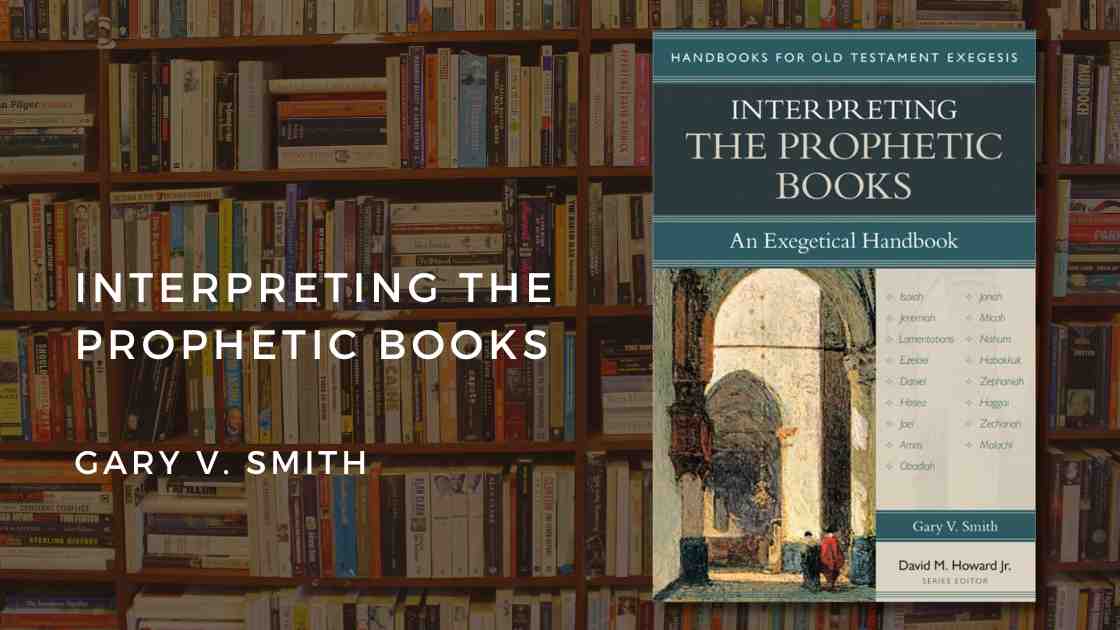PART SIX: George Swinnock’s ‘The Blessed and Boundless God’
This book has a sad history. It was written by a knight of the realm of high education; a man of letters with familiarity with the great Latin playwrights. Sir Richard Baker was imprisoned in the Fleet Prison for the last ten years of his life for failure to pay debts. Those debts were, sadly, a result of Sir Richard’s becoming surety for another. It appears (states Alexander Grosart) that all his works, including this one were written from prison. Occasionally, one may think they read some autobiographical references in his thoughts. For example, as he begins to expound Psalm 130 and refers to the misery, “In all which, both David, and I, God help me, am deeply plunged” (257).
This book was highly praised by Spurgeon. It contains ruminations on Psalms 1, 6, 32, 38, 51, 102, 130, 143, 23, 27, 30, 34, 84, 103, and 116 in that order. A full textual index is provided, plus an Introduction by Grosart. The Introduction includes 2 pages of aphorisms from the main text (xxx-xxxi) which are golden.
The books itself begins with an exposition of the first Psalm. This 90 page study is deeply pious, explorative, and deep. In tone it differs somewhat from the meditations which come after it. It is more theologically reflective and scholarly. As such it is the most valuable piece in the book for the expositor. What Baker excels at to my mind are his ponderings of the illustrations; the figures the Psalmist employs. For instance, in thinking about the tree in Psalm 1 he notices how the Psalmist does not start with the trunk and top branches, but with the hidden root, and he writes,
“But is not strange to see how contrary the Prophet proceeds here, to our expecting? for when he propounded his similitude of a tree, we looked he should have begun at the top boughs, which are the highest parts, and commonly bear the ripest fruits; and he begins clean contrary, at the lowest part, at the root; for, indeed, although the root be not seen of men, and have no outward glory, yet it is the root that gives the praise to the tree; it is the root the tree may thank for all he is worth; for though the branches bring the fruits, yet they are but messengers; it is the root that sends them; and indeed if there be not a root of humility, and that root planted by grace, the aspiring boughs are but sprigs of pride, and will never bring forth fruit of glory.” (40-41).
The hidden “root” of a man is what will produce the fruit of the Spirit, not to mention the fruit of discipline and integrity. Therefore, we must pay detailed attention to the basics of character: regeneration, wisdom, knowledge, etc.
The other expositions are not as weighty as the exposition of Psalm 1, but this is not to say the quality is not there. All of these ‘Meditations and Disquisitions’ are worth reading. But the book cannot be read quickly. The musings of a man like Baker under the circumstances he found himself, were never going to be theology-light. He was never going to offer up the sort of slight, pink tea devotionals one often meets with nowadays. But further, the style of the writing, though articulate, can be somewhat difficult.
“O God, thy helleborne and thy scammony for more stubborn and reluctant humours; purge me with hyssop only, and I shall be clean.” (191).
This is not the kind of book a “Christian” publisher would have anything to do with today. It demands time and reflection; two things in very short supply among modern Christian readers. But the benefits are enormous. Baker ranges between theology, practical application, and Proverbs-like observations and lessons from nature. He is a man suffering, but he rises above his circumstances. God is still God, and He is to be worshiped for His goodness in the midst of painful, drawn-out trials. The book teems with what people today call “positive energy.” I love the prayers that are injected into the expositions. Wherever one may turn in this work, one will encounter devout questions that will patiently be answered, or elaborations on a theme suggested by a verse.
One will not read far without being confronted with a well-worded maxim or observation that will set ones thoughts going. And Grosart’s Biographical Introduction takes note of this method, providing, as I said, not a few fine examples of Baker’s wit and wisdom.
My copy of Meditations and Disquisitions Upon Certain Psalms is a 1882 reprint of the 1639-1640 original. I remember seeing a recent reprint at a conference years ago, but I’m not sure who the publisher was. The book is well worth getting. Perhaps one or two of you reading this will expend the effort and track down a copy for yourself?




2 comments On Puritan Books Evaluated (7) – Sir Richard Baker’s ‘Meditations & Disquisitions Upon Certain Psalms’
It appears an electronic copy of the book is available through the “Internet Archive”. Thank you for the review!
Thanks, Paul. Sounds like a book I need to read.